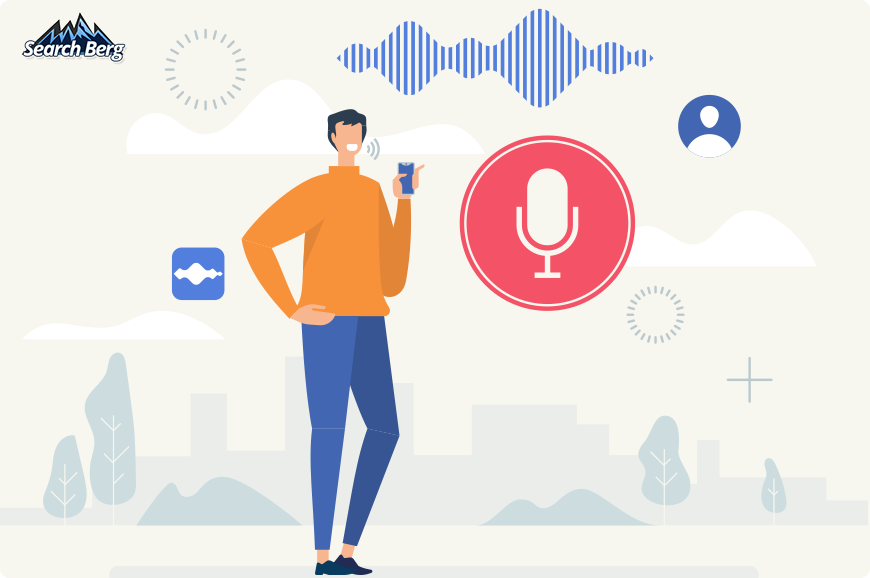The rise of online education has transformed the way students access learning. For aspiring musicians, online platforms offer convenience, flexibility, and affordability. Yet, when it comes to music, studying on-campus often provides irreplaceable benefits that can directly influence the trajectory of a future career. Music is as much about human connection and performance as it is about theory and practice, and those experiences are often best cultivated in person.
Here are several key benefits of studying music on campus compared to online—and why taking the time to walk through facilities during a music school campus tour may be the first step toward shaping your future career.
1. Hands-On Access to Professional Facilities
Music education requires more than lectures and reading assignments. On campus, students gain direct access to professional-grade studios, rehearsal halls, recording equipment, and performance spaces. These environments replicate the conditions of real-world music careers and prepare students for professional expectations.
Online study may offer digital resources, but it cannot replicate the tactile experience of experimenting in a studio or rehearsing with live acoustics. Learning how to use advanced equipment in person builds technical confidence that is hard to gain behind a laptop.
2. Immediate Feedback and Mentorship
On-campus programs foster closer relationships with instructors, mentors, and peers. Face-to-face interactions allow for immediate feedback during lessons, rehearsals, and performances. Whether it’s adjusting posture, correcting finger placement, or interpreting a piece with more emotional nuance, real-time guidance helps students grow faster.
While online platforms provide video lessons and virtual critiques, the depth of connection often pales in comparison to the rapport built in person. For musicians, subtle adjustments and shared energy during lessons can be transformative.
3. Collaborative Performance Opportunities
Music thrives on collaboration, and being on campus creates countless opportunities to perform with others. From orchestras and choirs to jazz ensembles and student bands, the chance to rehearse and perform alongside peers builds not only skills but also professional connections.
These experiences also prepare students for the realities of performing in front of an audience. Stage presence, confidence, and adaptability are cultivated through live performance—something online study rarely provides in a meaningful way.
4. Networking and Industry Connections
On-campus programs are often deeply connected to the local and global music industry. Guest lectures from professionals, masterclasses, and networking events allow students to meet and learn from those actively working in the field. Proximity to instructors and visiting artists also opens doors to internships, gigs, and collaborations that can launch a career.
Online programs may offer digital networking, but the face-to-face connections developed on campus often carry more weight and trust. Many musicians secure opportunities simply by being present in the right environment.
5. Immersive Cultural Experience
Studying music on campus also immerses students in a culture that celebrates creativity. Daily exposure to peers practicing, performing, and experimenting builds motivation and discipline. This environment pushes students to reach new levels of artistry and helps them discover new influences.
In contrast, online study often isolates students from this sense of community. Without the energy of peers and the inspiration of live performances, it’s easy to feel disconnected or less motivated. The immersive atmosphere of a campus experience encourages growth in both skill and personal identity.
6. Personal Growth Beyond the Classroom
The college experience is about more than academics—it’s also about personal development. Living on or near campus challenges students to navigate independence, time management, and social growth. These life skills contribute to maturity and confidence, which are essential for a career in music where adaptability and resilience are required.
Online learning can be efficient, but it often lacks the transformative life lessons that come from being part of a dynamic community.
While online music study provides convenience and accessibility, studying on campus offers hands-on experience, mentorship, collaboration, networking, cultural immersion, and personal growth that shape not just musicianship but also career readiness.
Before deciding, students should carefully consider their goals. If the aim is to pursue music professionally, there’s immense value in visiting the campus, speaking with instructors, and seeing the environment firsthand. A music school campus tour can reveal opportunities, hidden gems, and resources that simply cannot be captured online.
Ultimately, music is about connection—between sound, people, and culture. And for many aspiring musicians, those connections are best forged in person.
Follow-up Exploration
Q1: How can online music study complement on-campus learning instead of replacing it?
Online study can serve as an excellent supplement to on-campus learning. For example, students might use digital platforms for theory review, ear training apps, or virtual masterclasses with international musicians. These resources enhance flexibility while still maintaining the depth of in-person experiences. A hybrid approach combines the best of both worlds.
Q2: What should students look for during a campus tour to evaluate if facilities meet their career goals?
Students should pay attention to recording studios, performance spaces, practice rooms, and technology labs. It’s also wise to ask about access—whether facilities are open to students outside of class hours—and the types of instruments or software provided. Seeing how current students use these spaces gives a realistic sense of the opportunities available.
Q3: Are there specific career paths in music where online study might be just as effective as on-campus programs?
Yes, certain fields—such as music theory, composition, or digital production—can benefit greatly from online formats. These areas often rely more on software and independent projects, which translate well to virtual platforms. However, performance-based careers typically require the in-person practice and stage experience that only on-campus learning can provide.




